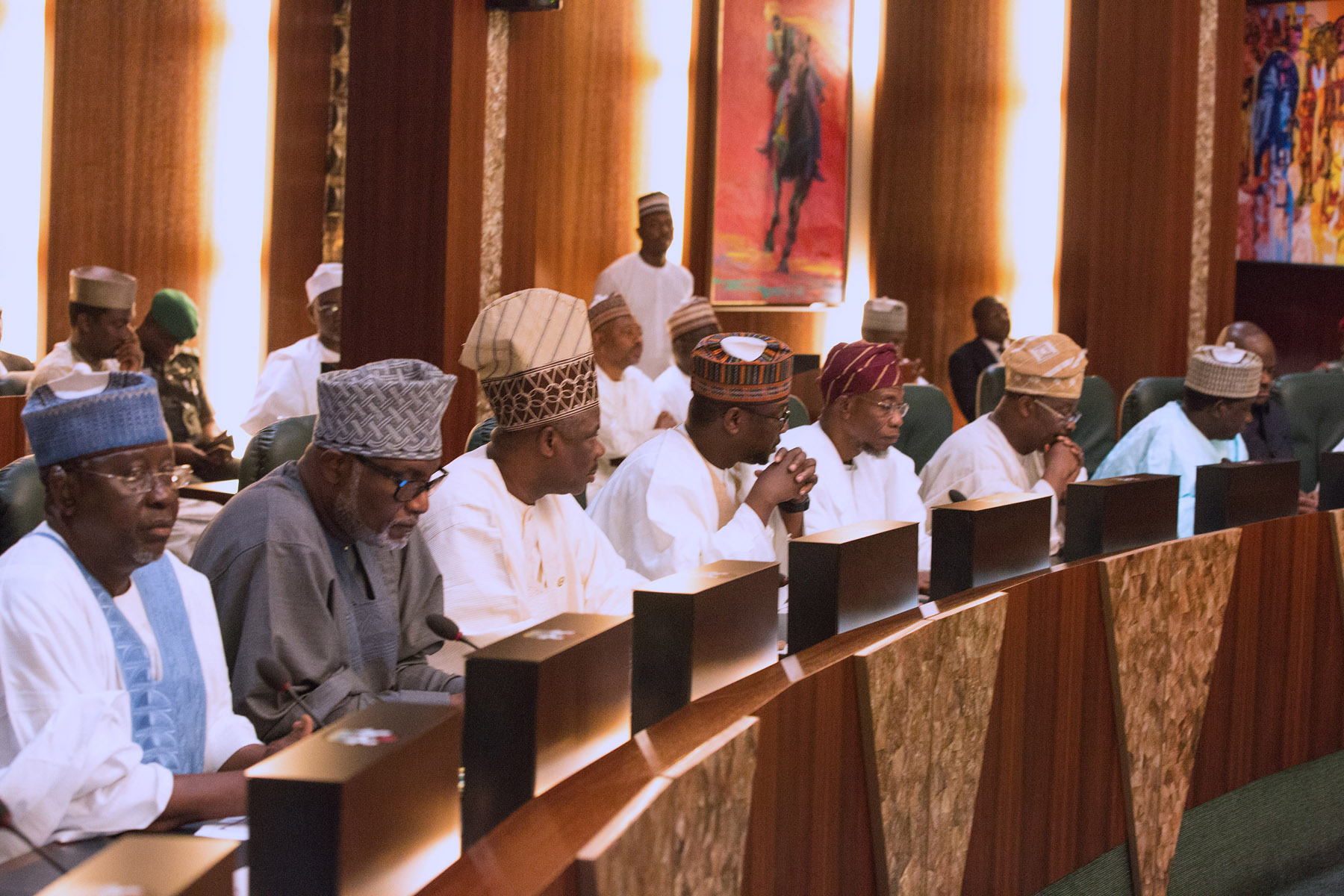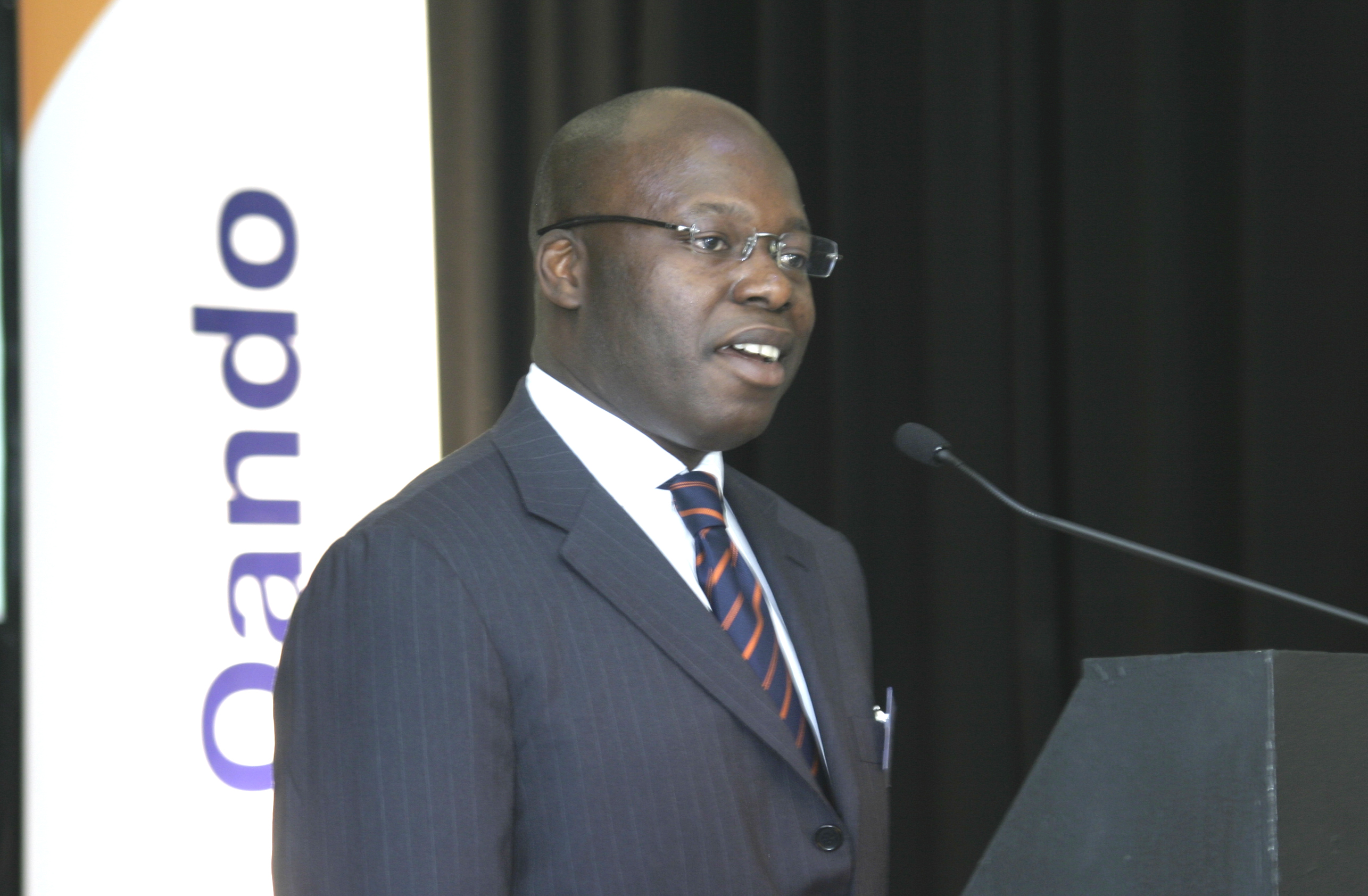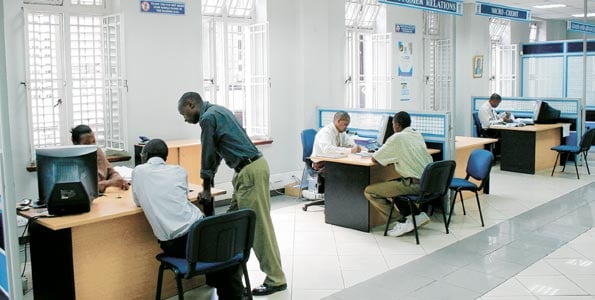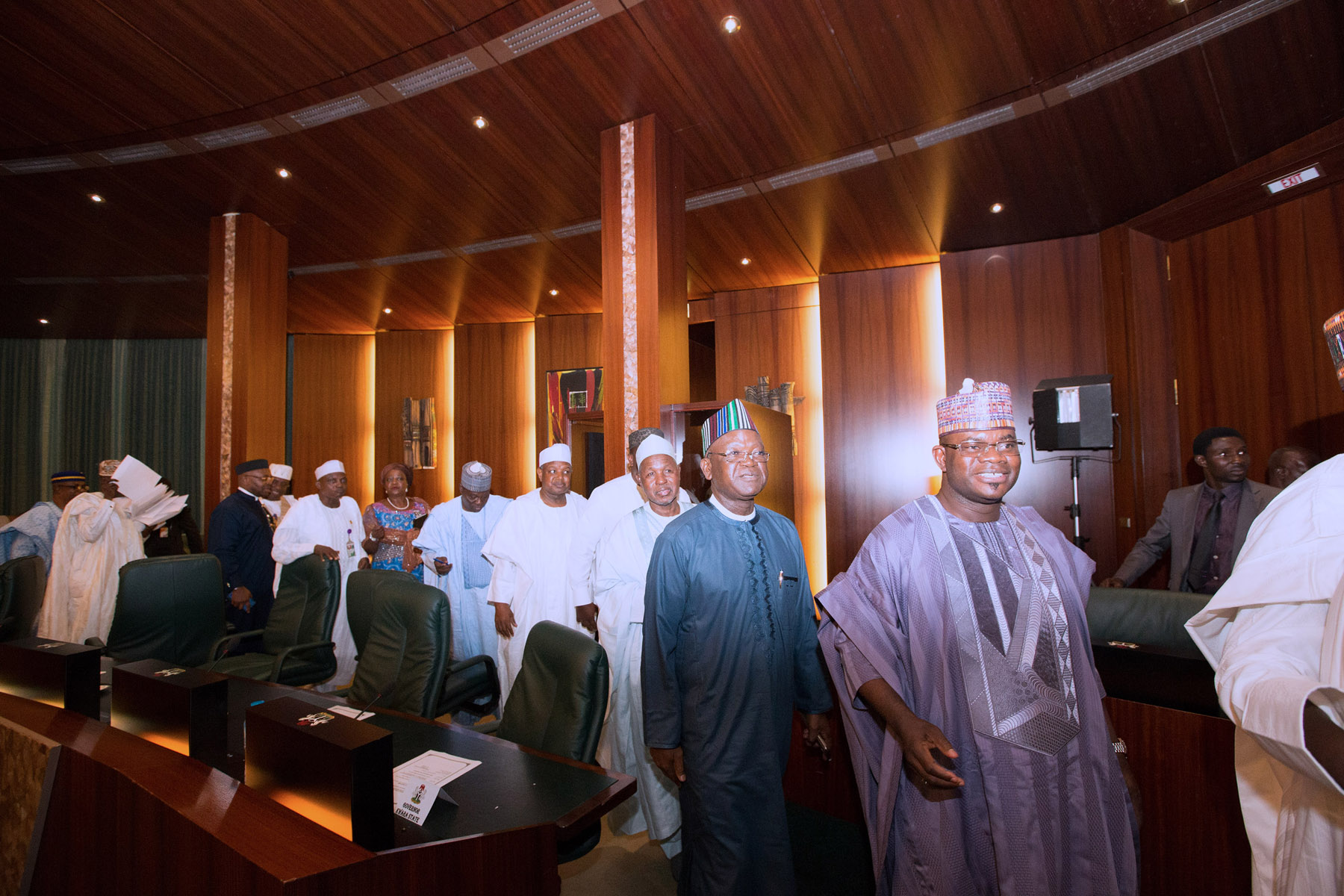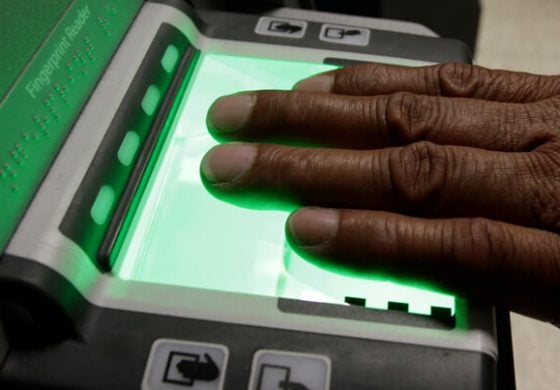BudgIT Nigeria, a civic tech organisation, has expressed worries over the increasing rate of debt profile of states.
Speaking at the launch of the organisation’s state of state report in Abuja on Thursday, Oluseun Onigbinde, BudgIT’s lead partner, said the exchange rate has made it difficult to service such loans.
He said states’ debt rose from N3.03trillion in 2015 to N3.89 trillion in 2016.
According to him, Lagos has 24.2 percent of the total debt stock of state governments, having risen from N500.8bn in 2014 to N734.7bn in 2016.
Advertisement
“Total debt stock of Nigerian states has increased significantly from the 2012 level of N1.79tn to N2.12tn in 2014. With increased inability to meet recurrent expenditure obligations and increased pressure, most states resort to more debt uptake,” he said.
“Total debt profile of states in 2015 and 2016 was N3.03tn and N3.89tn respectively. Lagos state’s total debt stock rose from the 2014 level of N500.8bn to N734.7bn in 2016 – accounting for 24.2 percent of the total debt stock of the state governments.”
Onigbinde, therefore, called on state governments to increase their internally generated revenue by taking advantages of value-added tax revenue, manufacturing, trade, logic and tourism to generate more money.
Advertisement
“Many state governments are confronted by rapidly rising budget deficits as they struggle to pay salaries and meet contractual obligations and overheads due to a dip in oil price from its peak price of about $140 per barrel to about $56 per barrel.
“Over the last few months, many state governments have been devising policy changes with a strong focus on improving internally generated revenue and reining in expenditure.
“State governments need to tremendously embrace a high level of transparency and accountability, develop workable economic plans, take haircuts-especially on overheads-expand their internally generated revenue (IGR) base, and cut down on debt accumulation without a concrete repayment plan.
“The states need to look beyond the rhetorics and commit to a reduction in its operating costs, including significantly slashing its unreasonable overheads bill while freeing up more spending for social infrastructure.
Advertisement
“States will need to link future borrowing to sustainable projects, which can pay back the capital cost of its current loans and improve the overall income profile of the state.”
A report released by the office of the accountant-general of the federation showed that 36 states of the federation spent N2.67 billion to service external debt in September.
The governors of the 36 states on Tuesday asked the federal government to release the 50 percent balance of Paris Club refund.
Advertisement
Add a comment

